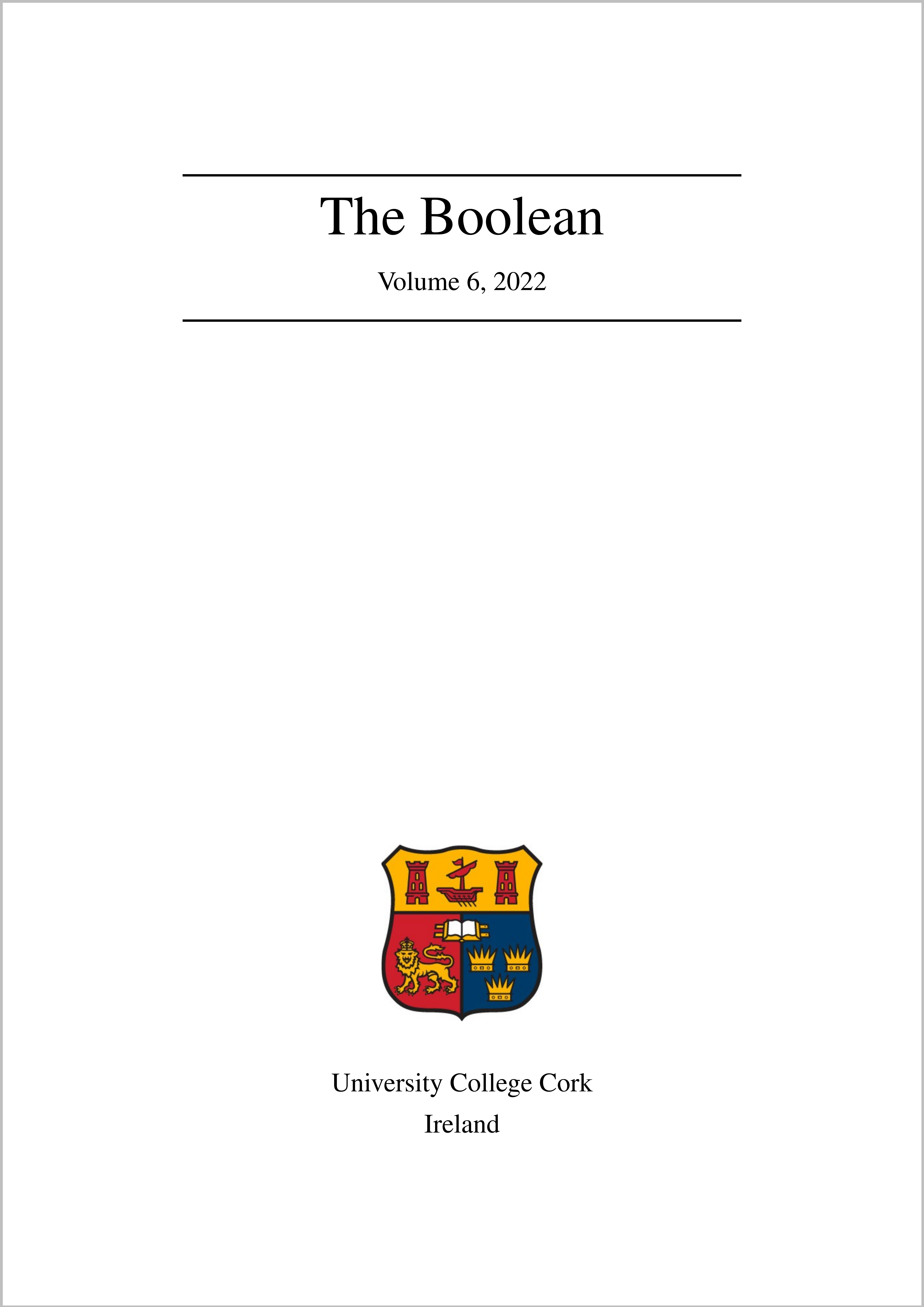Developing Potential in the Family Business - Learnings from a Queen Concert
DOI:
https://doi.org/10.33178/boolean.2022.1.13Keywords:
psychologial capital, family business, potential, development, positive psychologyAbstract
Psychological Capital (Hope, Optimism, Resilience, Efficacy) is a powerful psychological resource to leverage the idiosyncratic potential of the family firm and to enhance performance through the attainment of goals. By developing Psychological Capital, the family firm can address critical issues which threaten sustainability, including reduced access to financial, human and social capital resources. The family firm is unique in terms of human capital due to the psychological attributes which are rooted in the duality of the organization, namely, family and business. As a result, the family business has a high dependency on the collaboration of both family and non-family members. This article demonstrates the benefit of developing Psychological Capital through lessons learned from a Queen concert.
References
Albert Bandura. The coherence of personality: Social-cognitive bases of consistency, variability, and organization., pages 185–241. Guilford Press, 1999.
Jess H Chua, James J Chrisman, and Pramodita Sharma. Defining the family business by behavior. Entrepreneurship theory and practice, 23(4):19–39, 1999.
Fred Luthans, Bruce J. Avolio, James B. Avey, and Steven M. Norman. Positive psychological capital: Measurement and relationship with performance and satisfaction. Personnel Psychology, 60(3):541–572, 2007.
Fred Luthans, Kyle W Luthans, and Brett C Luthans. Positive psychological capital: Beyond human and social capital. 2004.
Sonja Lyubomirsky, Kennon M Sheldon, and David Schkade. Pursuing happiness: The architecture of sustainable change. Review of general psychology, 9(2):111–131, 2005.
Downloads
Published
Issue
Section
License
Copyright (c) 2022 Catherine Duggan

This work is licensed under a Creative Commons Attribution-NonCommercial-NoDerivatives 4.0 International License.



